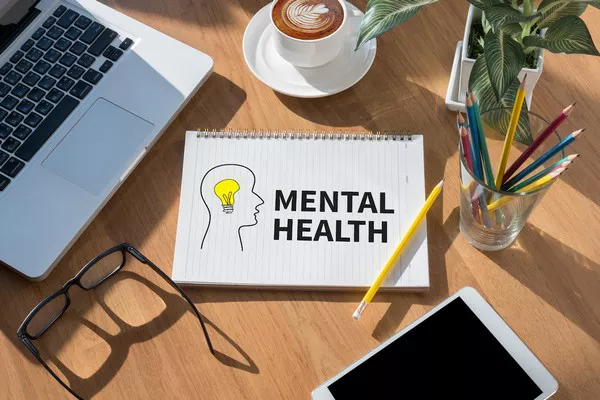Lynn Cooper, a resident of Pittsburgh, experienced a challenging period when she lost her job in 2019, leading to profound depression. As the pandemic unfolded in early 2020, her anxiety skyrocketed. To her surprise, her cherished therapist, a marriage and family counselor, informed Cooper that she couldn’t continue seeing her after she turned 65 and joined Medicare.
This predicament illuminated a longstanding issue within Medicare. For decades, Medicare has covered only mental health services offered by psychiatrists, psychologists, licensed clinical social workers, and psychiatric nurses. However, with a growing demand for mental health care and a significant number of providers opting not to participate in Medicare, many older adults face difficulties accessing professional help. A staggering 45 percent of psychiatrists and 54 percent of psychologists do not participate in Medicare.
Moreover, more than 124,000 behavioral health practitioners have opted out of Medicare due to low payments and bureaucratic complications, making it the specialty with the most opt-outs.
To address these challenges, Medicare is introducing several changes aimed at expanding access to behavioral health providers. Starting in January, Medicare will permit marriage and family therapists and mental health counselors to provide services, offering a solution for the shortage of mental health providers. These professionals constitute over 40 percent of the licensed mental health workforce, and their inclusion is particularly crucial in rural areas.
Medicare is also enhancing its offerings by introducing up to 19 hours a week of intensive outpatient care, improving navigation and peer-support services for individuals with severe mental illness, and expanding mobile crisis services to provide treatment in homes or on the streets.
These changes come as the nation grapples with the aftermath of the COVID-19 pandemic, which highlighted the importance of improving access to effective mental health treatment.
Advocacy groups have long pushed for improvements in Medicare’s mental health coverage and are applauding these changes. The hope is that they will pave the way for better access to mental health and substance use disorder care for older adults.
Challenges remain, however, as the impact of these changes is yet to be seen. Questions linger about whether mental health counselors and therapists will accept Medicare patients at current reimbursement rates and if Medicare Advantage plans will include them in their networks. Furthermore, there are concerns about the lack of mental health parity in Medicare compared to private insurance plans.
In the quest for better mental health care for seniors, legislative and regulatory changes are promising, but addressing ageism and biases surrounding mental health among older adults is also vital. It’s clear that more work needs to be done to ensure that seniors receive the mental health care they deserve.


